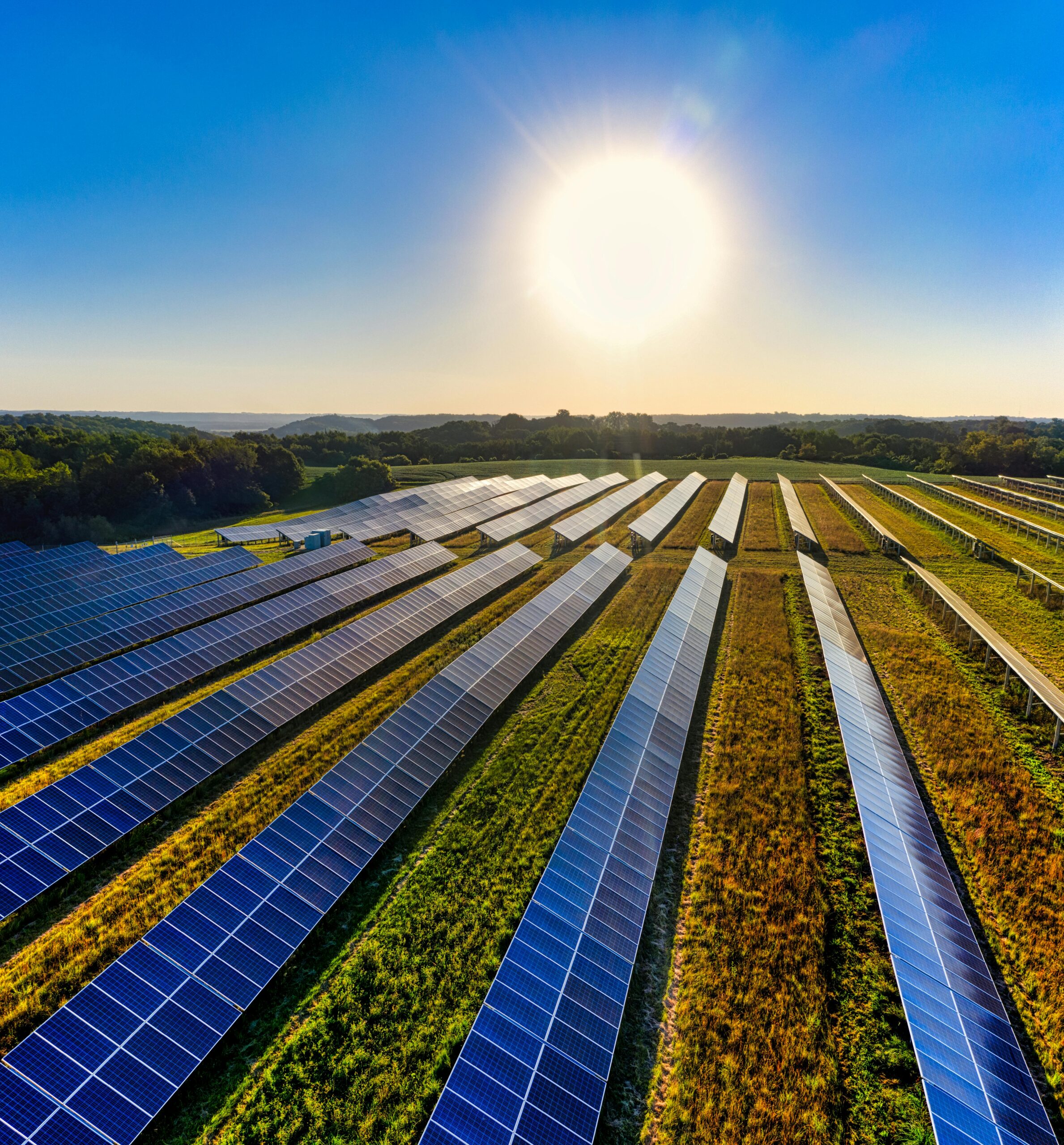 China dominates the solar-energy space – and it didn't get there by playing fair...
China dominates the solar-energy space – and it didn't get there by playing fair...
The country now controls 80% to 85% of global solar panel manufacturing. It climbed to the top using a ruthless strategy of predatory pricing.
For years, Chinese manufacturers – backed by government subsidies – sold solar panels at prices far below their production costs. This forced competitors in the U.S. and Europe to shut down.
Once they eliminated the competition, Chinese companies scaled their operations... reduced costs even further... and locked in China's position as the world's leading supplier.
And as a result, the global solar panel market is now overwhelmingly reliant on China.
Today, we'll explore how predatory pricing reshaped the solar industry – and why it serves as a critical warning for another "green" industry.
 Predatory pricing doesn't work in a free market...
Predatory pricing doesn't work in a free market...
Selling below cost is usually a recipe for financial ruin. No private company can sustain those kinds of losses for long.
When backed by a government, though, it becomes an effective weapon.
Between 2008 and 2013, China's solar panel industry drove prices down by 80%... a feat made possible by strategic government support.
Unable to match those prices, U.S. and European companies were forced out of business.
Take SolarWorld (SWVK.HM), once Europe's largest solar panel maker and a key competitor in the global market. The German company couldn't keep up with the flood of subsidized Chinese products that undercut prices by as much as 40%.
Despite its strong market presence and reputation for high-quality panels, SolarWorld faced unsustainable losses. By 2017, the company declared insolvency, citing the unrelenting pressure of predatory pricing from Chinese firms.
SolarWorld's downfall marked the erosion of yet another competitive solar panel maker, leaving the market even more reliant on China.
After the competition was gone, Chinese manufacturers scaled up, achieving massive cost savings. By 2022, China controlled the vast majority of the global market... with few challengers left standing.
 We're now seeing a similar pattern play out in the electric-vehicle ('EV') market...
We're now seeing a similar pattern play out in the electric-vehicle ('EV') market...
Chinese EV makers are deploying predatory pricing on a similar scale. They're flooding global markets with cars priced far below production costs.
The EU estimates some Chinese EVs that cost more than €20,000 to produce are being sold for as little as €10,000. That's not just unprofitable – it's unsustainable without state support.
EV leader Tesla (TSLA) is the latest victim of this strategy. Its Uniform return on assets ("ROA") declined sharply, from 29.6% in 2022 to 10.2% just a year later.
As it competes with companies that sell below cost, Tesla has been forced to lower its prices... further eating into its margins.
 This disturbing pattern is also a familiar one...
This disturbing pattern is also a familiar one...
Without intervention, the EV market risks following the same path as the solar panel industry. A handful of Chinese manufacturers could end up controlling the global supply, leaving the rest of the world dependent.
Governments are stepping in to counteract predatory pricing... often with controversial tools like tariffs, which can neutralize the advantage created by state-backed subsidies.
However, the clock is ticking. Without sufficient intervention, global markets risk becoming monopolized by state-backed enterprises. Industries like EVs could be vulnerable to the same fate.
The winners in this new environment will be the companies that adapt to these dynamics –and the investors who recognize these shifts before it's too late.
Wishing you love, joy, and peace,
Joel
November 22, 2024
A special message from Prof. Litman: Our annual Altimetry Day is coming on December 5... and we'd love for you to join us in Boston.
Along with a distinguished slate of presenters, I'll be reviewing the aftermath of the election and our 2025 market playbook. We'll also discuss next year's major stock market trends and economic influencers – as well as a host of other topics.
While we're keeping the audience small, a handful of seats are still available. Click here for more details and to secure your spot.



 China dominates the solar-energy space – and it didn't get there by playing fair...
China dominates the solar-energy space – and it didn't get there by playing fair...

